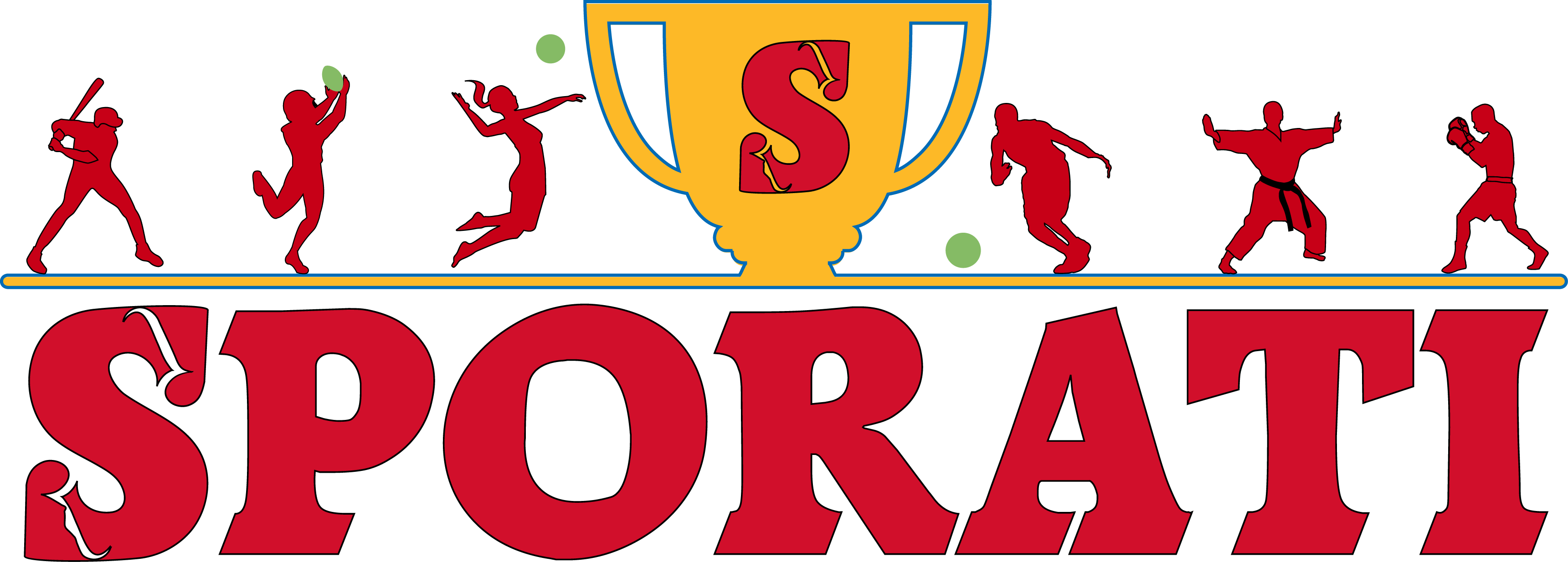FIFA Warns Fans of Fraudulent Resale Sites Ahead of 2026 World Cup Tickets
The 2026 FIFA World Cup is set to be the biggest yet, co-hosted by the United States, Canada, and Mexico. As fans gear up to secure their tickets for one of the most anticipated events in global sports, FIFA has issued a strong warning about the potential rise in *fraudulent ticket resale platforms*. The governing body is urging fans to remain vigilant and only purchase tickets through official channels to avoid being scammed.
A Familiar Issue with a Global Tournament
With the increase in excitement for the 2026 World Cup expected to begin soon, so too is the surge in ticket demand. Historically, such massive sporting events provide an ideal breeding ground for *fraudulent resale sites*—unscrupulous individuals preying on passionate fans looking for any way to be part of the once-in-a-lifetime experience.
But this time, FIFA wants to get ahead of it. In a statement released earlier this week, football’s governing body reiterated the risks associated with purchasing tickets through unauthorized platforms: *“Fans wishing to attend the FIFA World Cup 2026 should be aware that FIFA.com is the exclusive and legitimate domain for acquiring tickets.”*
A History of Ticket Scams
Unfortunately, ticket scams are nothing new to major sporting events. From the World Cup to the Olympics and beyond, fraudulent sellers capitalize on the increasing *demand for limited availability*. In 2018, ahead of the World Cup in Russia, authorities had to crack down on *fake ticket sales* and third-party vendors, some of whom duped fans out of thousands of dollars.
Just like then, FIFA is taking proactive measures to ensure an ethical and secure experience for those attending the 2026 World Cup matches. Their message is clear: buying through official channels is the only way to safeguard your experience and avoid losing both money and the opportunity to attend.
Red Flags Fans Should Look Out For
FIFA’s warning isn’t coming in a vacuum. As digital scams evolve, they’ve become more sophisticated, so it’s crucial for potential ticket buyers to know the signs that they may be dealing with a fraudulent vendor. FIFA has outlined key points fans should keep in mind:
- Look out for websites that claim to have *tickets available before the official release*. No legitimate tickets will be available for purchase until FIFA publicly announces their sale.
- Avoid platforms offering *steep discounts* or heavily marked-up prices. Official sales will be transparent about pricing.
- Check for *domain authenticity*. Phishing websites often use URLs that seem close to the official site, hoping to trick users into thinking they are legitimate. Be wary of slight misspellings or additions, such as FIFA-tickets2026.com instead of the correct FIFA.com.
- Be cautious if asked to make *payment methods that are untraceable* such as wire transfers, crypto payments or gift cards.
Fans should remember that if an offer seems too good—or too exclusive—there’s a high chance it’s a scam.
What FIFA Is Doing to Tackle the Problem
FIFA has stated that they are actively monitoring for fraudulent activity and will take legal action against resale platforms caught selling unauthorized tickets. In coordination with law enforcement agencies across the host nations—The United States, Canada, and Mexico—they aim to limit the instances of scams and ensure that fans are not left disappointed.
The organization also emphasized the importance of *ticket integrity*, ensuring each attendee has a real and valid ticket upon entering venues. Digital encryption and secure QR codes will be employed to make forgery much more difficult, though no system is entirely infallible when dealing with determined fraudsters.
FIFA Ticketing Protection via Official Platforms
Fans eager to avoid the risks associated with fraudulent sites should ensure they purchase tickets *directly* through FIFA’s official ticketing platform. Here’s what you can expect when going through the official route:
- Exclusive Sales: Tickets will be released in phases, and fans should stay tuned for official announcements about the on-sale dates. Buying early through official channels increases your chances of securing highly sought-after tickets.
- Security: Official FIFA tickets come with secure identification and cannot be modified or duplicated. Buying outside official channels forfeits the buyer’s right to this protection.
- Re-Allocation Program: FIFA usually operates a *ticket transfer* or resale program for fans who cannot attend. This enables legal resale and avoids the pitfalls of black-market exchanges.
Purchasing through FIFA ensures you can enjoy the games with the peace of mind that your tickets are genuine, and your hard-earned money is well spent.
Ahead of the 2026 Tournament: Stay Informed
As anticipation builds leading to the 2026 World Cup, it can be easy to overlook basic precautions in the rush to grab a seat inside the stadium. But with the rise of fraudulent resale sites, FIFA’s advice is crucial—stay patient, purchase through the correct channels, and avoid falling victim to scammers.
Whether you’re cheering for Lionel Messi, Mbappé, or the Mexican national team, the last thing you want to deal with is realizing you’ve been duped on match day.
With official ticket sales set to be released soon, fans must keep their eyes peeled, wallets protected, and excitement in check. Ensuring you’re well-informed both protects your personal investment and keeps the magic of attending live World Cup matches as seamless as possible.
As always, the best way to stay on top of the ticketing process is to follow updates on the official FIFA channels and social media platforms.
Are you ready for one of the biggest sporting spectacles to hit North America?
“`

